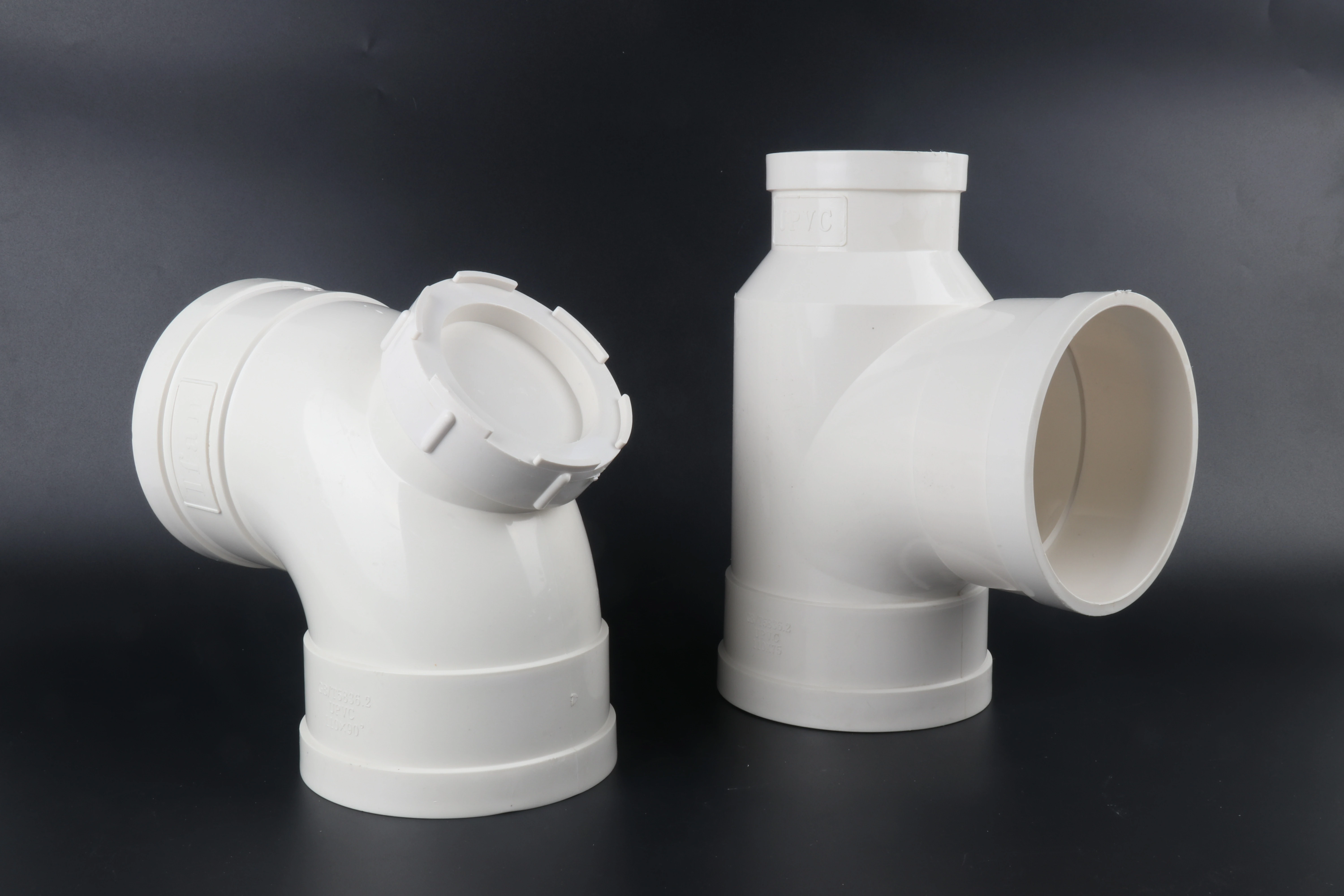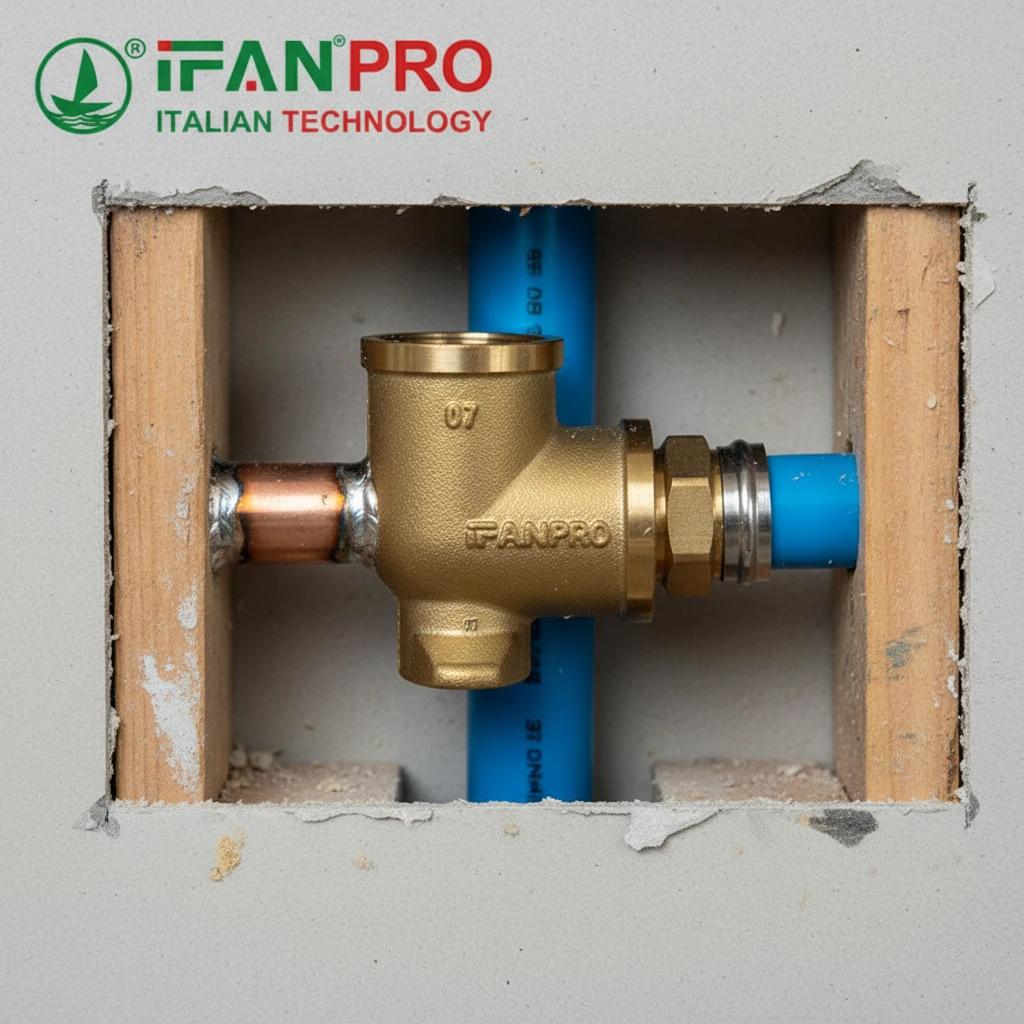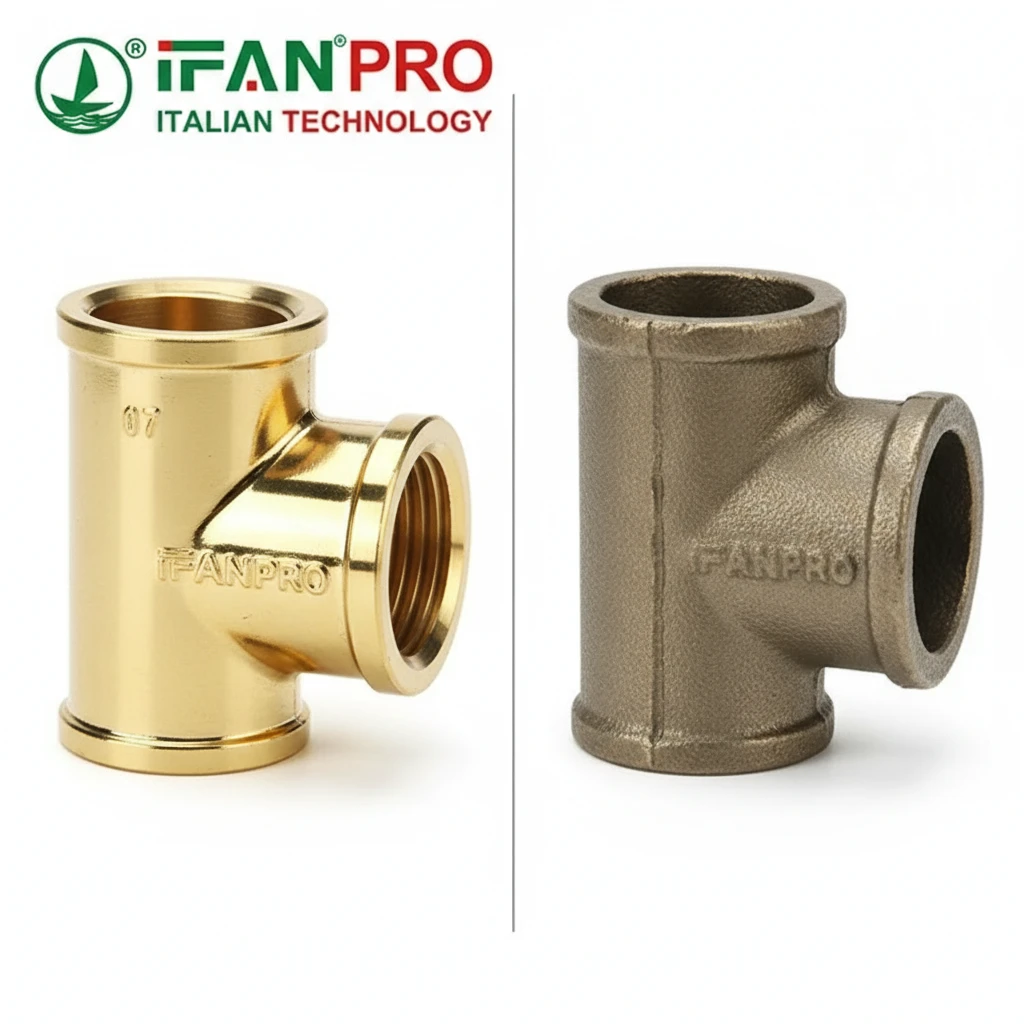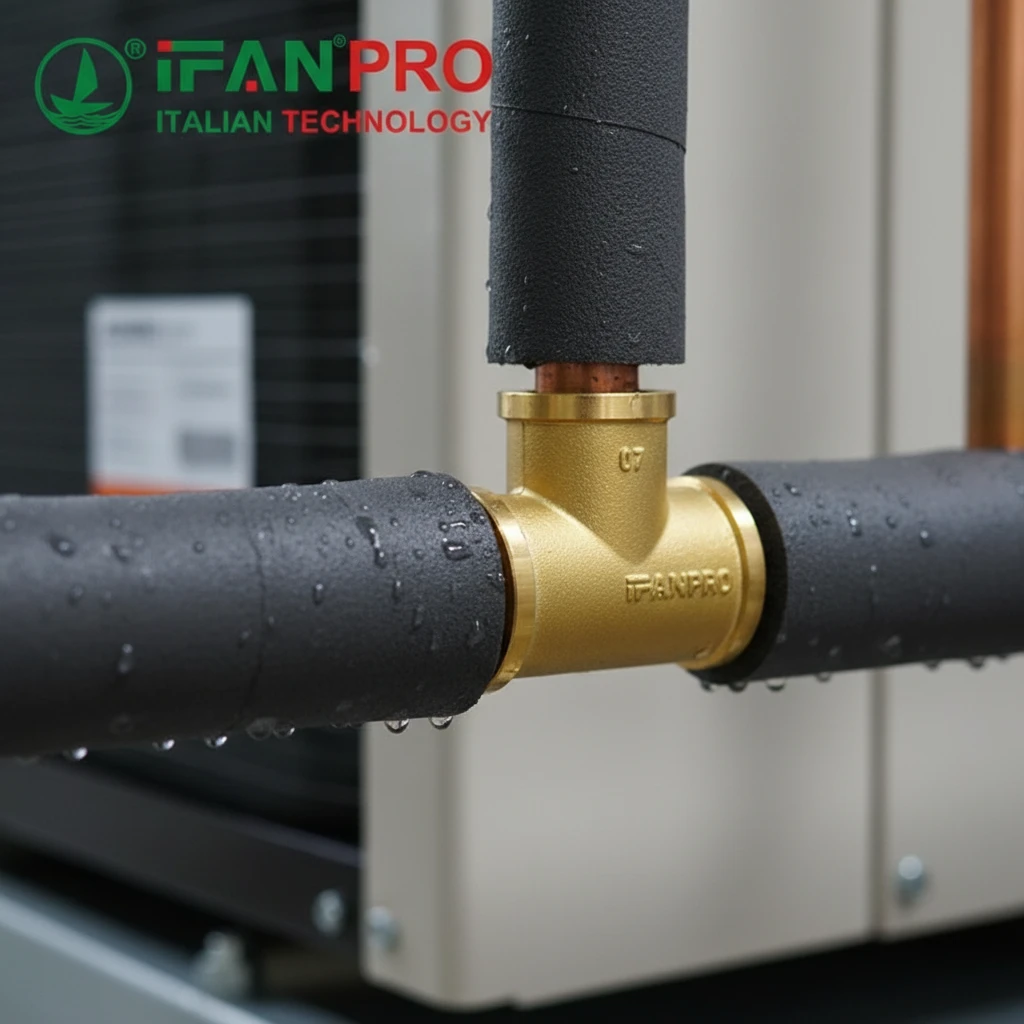Having designed irrigation systems for agricultural projects across different climates, I’ve seen how PVC consistently outperforms alternative materials. On a recent large-scale farm installation, PVC pipes withstood aggressive soil conditions that would have corroded metal pipes within seasons, proving their long-term reliability.
PVC is ideal for irrigation due to its exceptional corrosion resistance, cost-effectiveness, easy installation, and ability to maintain water quality. Unlike metal pipes, PVC doesn’t rust or corrode when exposed to water, soil chemicals, and fertilizers, while its smooth interior surface minimizes friction loss and maintains consistent water flow efficiency.
The combination of durability, affordability, and performance makes PVC the preferred choice for agricultural irrigation. Furthermore, its lightweight nature and simple joining methods enable faster installation. Now, let’s explore the specific characteristics that make PVC superior for irrigation applications.
How Does PVC’s Corrosion Resistance Benefit Irrigation Systems?

I recall a citrus farm where galvanized steel pipes failed after just two years due to fertilizer-induced corrosion. After switching to PVC, the same system has operated flawlessly for over a decade, demonstrating PVC’s remarkable resistance to agricultural chemicals.
PVC’s complete immunity to electrochemical corrosion makes it perfect for irrigation systems exposed to fertilizers, soil chemicals, and varying water qualities. Unlike metal pipes that rust and degrade, PVC maintains structural integrity in acidic soils, alkaline conditions, and areas with high mineral content in irrigation water.
Superior Chemical Resistance
PVC demonstrates exceptional performance in challenging agricultural environments. Firstly, it resists acidic conditions commonly found in fertilized soils, maintaining integrity where metals would corrode. Similarly, it handles alkaline soils and water without degradation, unlike some metals that deteriorate in high-pH environments.
Moreover, PVC is unaffected by agricultural chemicals including fertilizers, pesticides, and herbicides that rapidly attack metal pipes. Additionally, it withstands soil salts and minerals that cause pitting and corrosion in metallic systems.
Long-Term Durability Benefits
The corrosion resistance translates to practical advantages. For instance, PVC maintains consistent flow capacity throughout its lifespan because no internal corrosion buildup occurs. Likewise, it requires no protective coatings or cathodic protection systems needed for metal pipes.
Furthermore, PVC offers predictable lifespan exceeding 50 years in irrigation applications since deterioration from environmental factors is minimal. Importantly, it eliminates rust contamination that can clog irrigation emitters and sprinklers.
What Makes PVC More Cost-Effective Than Metal Irrigation Pipes?
When a agricultural cooperative compared lifetime costs for their district irrigation upgrade, PVC systems showed 40% lower costs than metallic alternatives over 20 years. This comprehensive analysis convinced them to standardize PVC across all their irrigation projects.
PVC irrigation systems cost 30-50% less than metallic alternatives when considering initial material costs, installation labor, maintenance expenses, and operational efficiency. The lightweight nature reduces transportation and handling costs, while the corrosion resistance eliminates ongoing maintenance and replacement expenses associated with metal pipes.
Comprehensive Cost Analysis
The cost advantages become apparent when examining all project phases:
| Cost Factor | PVC Advantage | Metal Pipe Disadvantage | Savings Impact |
|---|---|---|---|
| Material Cost | 40-60% lower initial cost | Higher raw material prices | Significant upfront savings |
| Installation | 50-70% faster installation | Heavy equipment often needed | Reduced labor costs |
| Maintenance | Virtually maintenance-free | Regular repairs and replacements | Long-term savings |
| Transportation | Lighter weight reduces costs | Heavy weight increases freight | Lower project costs |
Long-Term Financial Benefits
Beyond initial savings, PVC offers ongoing economic advantages. Specifically, its hydraulic efficiency reduces pumping costs thanks to smooth interior surfaces that maintain flow efficiency. Additionally, the durability eliminates replacement costs every 10-15 years typical for metallic systems in corrosive environments.
Moreover, PVC’s leak-free joints prevent water loss, a significant cost in large-scale irrigation. Furthermore, its design flexibility allows optimization of system layout, reducing the need for expensive fittings and special components.
Why Is PVC Installation Faster and Easier for Agricultural Projects?
I supervised an irrigation project where a three-person crew installed over 1,000 feet of PVC piping daily, compared to just 300 feet of metallic piping. The time savings allowed the farm to become operational two weeks ahead of schedule, crucial for their planting timeline.
PVC installation is faster and easier due to the material’s light weight, simple joining methods, and minimal equipment requirements. The solvent cement joining system creates strong, watertight bonds in minutes without specialized skills or equipment, unlike metal pipes that require welding, threading, or complex mechanical connections.
Installation Efficiency Factors
Several characteristics contribute to PVC’s installation advantages. Firstly, its lightweight nature enables easy handling without heavy equipment – a 20-foot length of 6-inch PVC weighs approximately 25 pounds, while steel equivalent weighs over 150 pounds.
Secondly, simple joining methods using primer and solvent cement create permanent bonds in 30-60 seconds. Additionally, easy cutting with basic tools allows field modifications without specialized equipment. Furthermore, flexibility accommodates minor ground shifts without joint failure.
Agricultural Installation Benefits
PVC addresses specific agricultural challenges. For instance, it enables rapid installation during limited weather windows critical for farming operations. Similarly, it allows installation with smaller crews, reducing labor costs in remote agricultural areas.
Moreover, minimal equipment requirements mean no heavy machinery that can compact soil or damage fields. Importantly, immediate pressure testing after installation prevents project delays.
How Does PVC Maintain Water Quality in Irrigation Applications?
A vineyard switched to PVC after discovering iron staining from corroded pipes was affecting grape quality. The subsequent harvest showed noticeable improvement in grape health, demonstrating how irrigation pipe material indirectly impacts crop quality through water purity.
PVC maintains irrigation water quality by preventing corrosion products from entering the water, resisting biofilm formation, and not leaching harmful substances. The non-reactive surface ensures that water pH remains stable, while the smooth interior minimizes bacterial growth and sediment accumulation that can affect emitter performance.
Water Purity Protection Mechanisms
PVC safeguards water quality through multiple mechanisms. Firstly, it prevents rust and corrosion particles from metallic pipes that can clog emitters and sprinklers. Secondly, the smooth interior surface reduces scaling and mineral buildup that harbor bacteria.
Moreover, PVC doesn’t require internal linings or coatings that can degrade and contaminate water. Additionally, it maintains consistent water chemistry without altering pH or mineral content.
Agricultural Water Quality Benefits
The water quality preservation translates to agricultural advantages. For example, it prevents emitter clogging in drip irrigation systems, maintaining uniform water distribution. Similarly, it eliminates metal ions that can affect soil chemistry and plant nutrient uptake.
Furthermore, PVC reduces maintenance flushing requirements needed to remove corrosion products from systems. Importantly, it prevents discoloration and contamination that could affect crop quality in certain sensitive applications.
Conclusion
PVC’s combination of corrosion resistance, cost-effectiveness, installation efficiency, and water quality protection makes it the ideal choice for irrigation systems across agricultural applications. These advantages translate to reliable performance, reduced lifetime costs, and minimal maintenance, ensuring consistent water delivery for optimal crop production while withstanding the challenging conditions of agricultural environments.













Commentaires récents